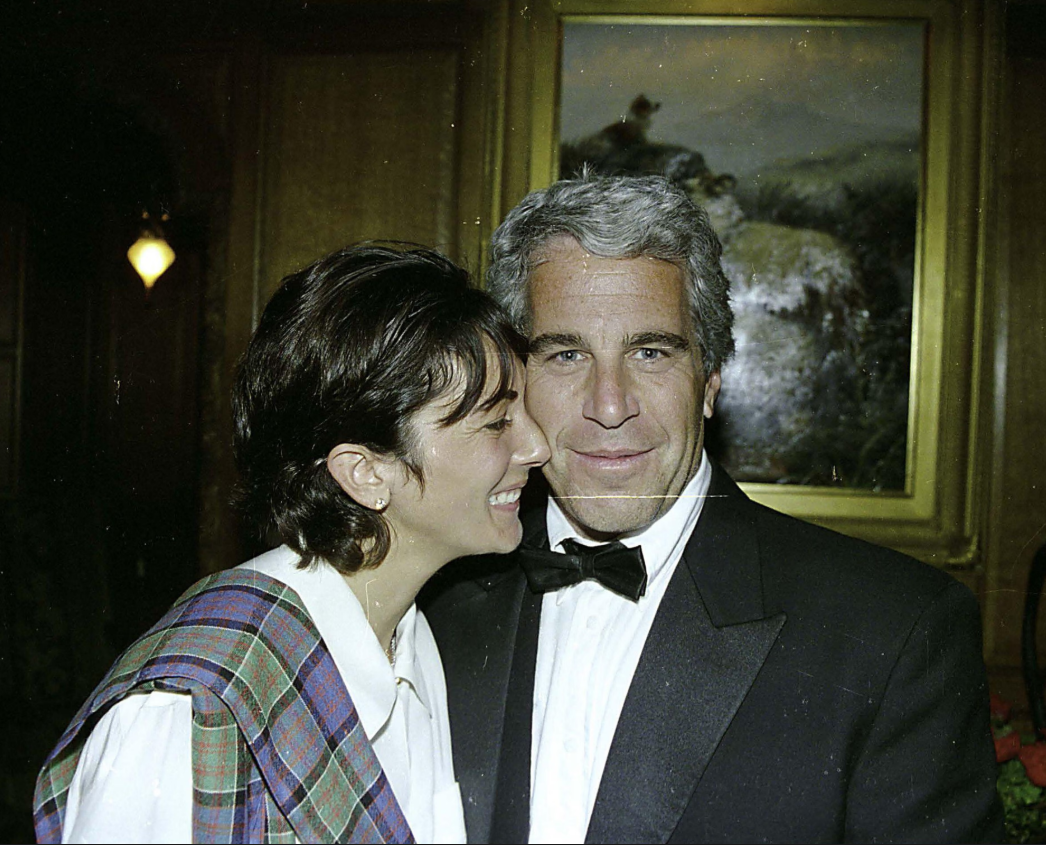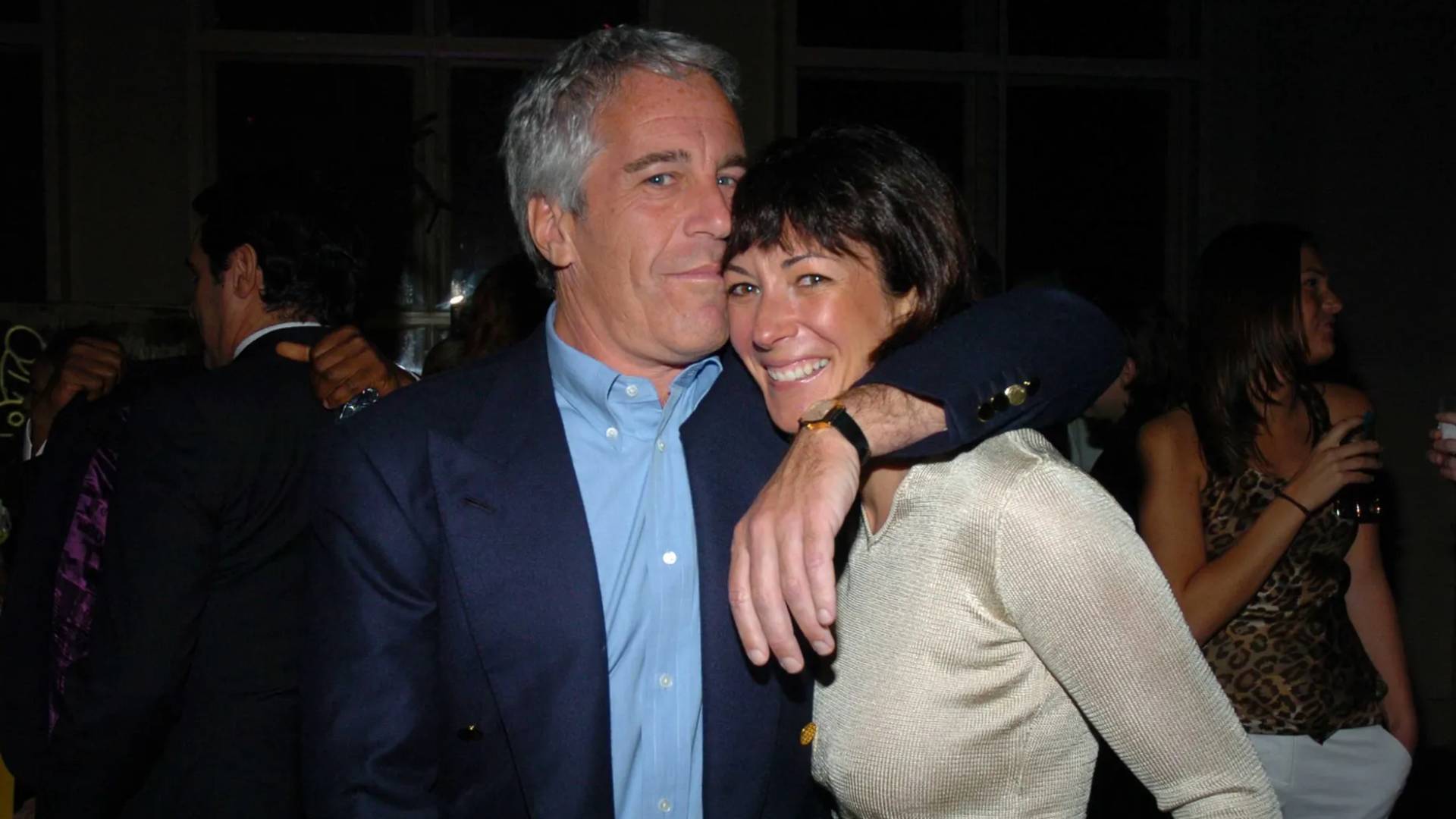Jeffrey Epstein (left) and Ghislaine Maxwell (right) (Credit: Getty Images)
Puppies and private visits: Alleged VIP treatment for Ghislaine Maxwell ignites firestorm
Note: AI technology was used to generate this article’s audio.
- Ghislaine Maxwell’s transfer to a low-security Texas prison sparks claims of special treatment.
- Allegations include custom meals, access to a puppy, private visits, and unlimited toilet paper.
- Concerns raised over possible political influence or clemency requests involving Trump’s administration.
- Legal experts say such perks are highly unusual for sex offenders in federal custody.
Since her transfer this summer to a low-security federal prison in Bryan, Texas, Ghislaine Maxwell has drawn scrutiny over reports of unusually favorable treatment.
Allegations include custom-made meals, access to a puppy, a private visitation area, and unlimited toilet paper, privileges rarely afforded to inmates convicted of sex crimes.
Read more: Trump pushes for release of Epstein files in unexpected shift
The controversy escalated after Democratic Representative Jamie Raskin sent a letter on November 9 to President Donald Trump, citing whistleblower information and seeking answers on Maxwell’s treatment, including whether Trump directed any special accommodations. The letter also mentioned that Maxwell was reportedly working on a “commutation application” with Trump’s administration.
Maxwell, who is serving a 20-year sentence for her role in Jeffrey Epstein’s sex trafficking of underage girls, has denied seeking clemency. Her legal team emphasized that she plans to file a habeas petition to challenge her conviction, citing new evidence that has emerged since her 2021 verdict.

Undated image of Maxwell and Epstein while they were dating in the nineties (Credit: Zuma Press/Alamy)
Observers note that Maxwell’s alleged perks, particularly her placement in a low-security facility, deviate sharply from typical treatment for convicted sex offenders. “Sex offenders are typically isolated due to safety concerns,” said Neama Rahmani, a former federal prosecutor. “The fact that she’s allegedly getting special meals, visits, and puppy access is not standard.”
Experts also suggest that her treatment could be a form of quid pro quo, a reward for cooperation with authorities, though some argue it may simply reflect logistical decisions within the Bureau of Prisons. John Day, a former prosecutor, called the situation “unprecedented,” while Larry Levine, a former federal inmate, noted that special meal arrangements are sometimes possible but remain highly unusual for inmates convicted of violent sexual crimes.
Read more: Newly released Epstein emails link Trump to alleged victim encounters
The White House has previously stated that pardoning Maxwell is “not something [Trump] has thought about,” while the Bureau of Prisons affirmed that allegations of preferential treatment are “taken seriously and thoroughly investigated,” and violations can result in disciplinary action, including firing or prosecution.
The controversy has fueled speculation over Maxwell’s potential for clemency, though legal analysts caution that nothing is guaranteed. “Even if she is pursuing a commutation, it remains highly unlikely, but with Trump, everything’s in the air,” Rahmani said.




